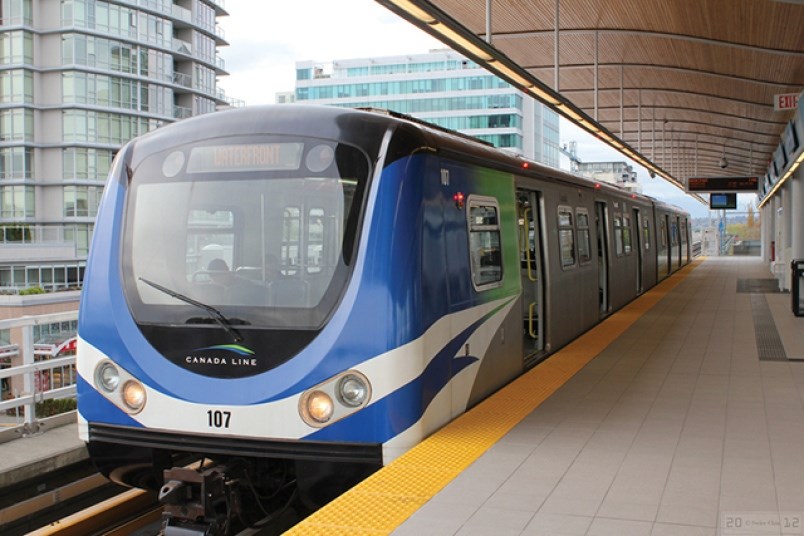TransLink is seeking emergency relief funding from the provincial and federal governments to offset losses incurred for providing essential services during the COVID-19 pandemic.
Without that emergency funding, the Metro Vancouver transit authority warns commuters could see "unprecedented cuts" to service.
TransLink said in a news release Tuesday that it’s losing approximately $75 million per month and could face cashflow issues in “within weeks.”
“It’s a dire situation which will force us to cancel entire routes and significantly reduce service levels on all transit modes, meaning far longer wait times and much more crowding for customers,” said Kevin Desmond, TransLink’s CEO.
While TransLink has been deemed an essential service by the provincial government during the global pandemic, since mid-March the company’s operating revenue has been cut in half due to reduced ridership levels and falling fuel tax revenue. In addition, the company hasn’t collected fares since March 20, when it introduced rear-door-only boarding.
TransLink mayors’ council chair Jonathan Coté said in the release that the transit system will also be needed when the region enters the “recovery phase” of the pandemic.
“We need an emergency funding package from the provincial and federal government if reliable transit services are to continue for more than 75,000 people, who will otherwise be left stranded,” said TransLink mayors’ council chair Jonathan Coté.
“Essential workers have been relying on transit to get to work every day — that’s health care workers, childcare workers, service workers. Our transit system will also be critical during the COVID-19 recovery phase and we must ensure that it’s able to quickly shift back to full-service capacity when people start returning to work.”
Since the beginning of the COVID-19 pandemic, TransLink has reduced bus service by 15 to 20 per cent, reduced seating capacity on buses to promote physical distancing, and introduced widespread cleaning and sanitation measures on all services.
The transit authority has also deferred its scheduled July 1, 2020 fare increase.



